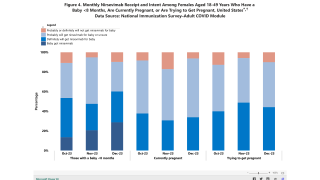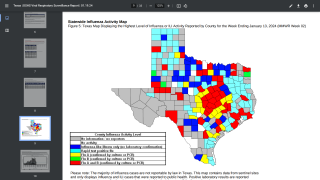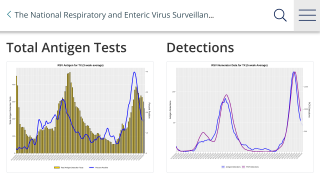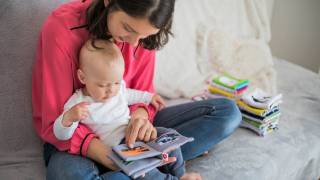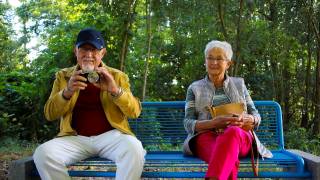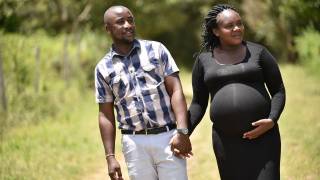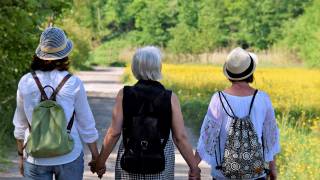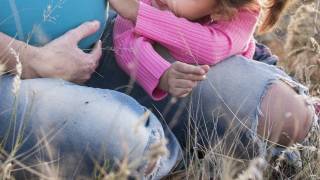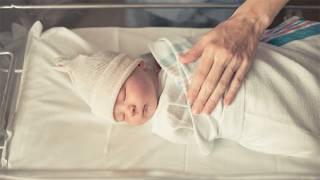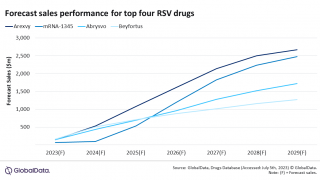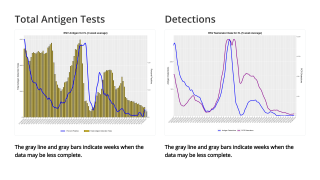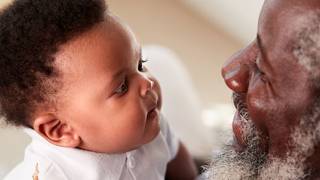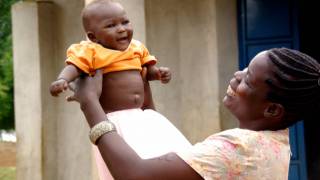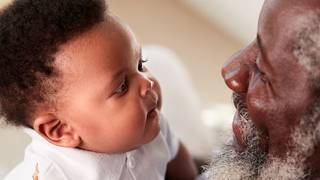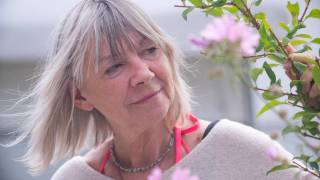RSV Monoclonal Antibody Clinical Study Focuses on Toddlers
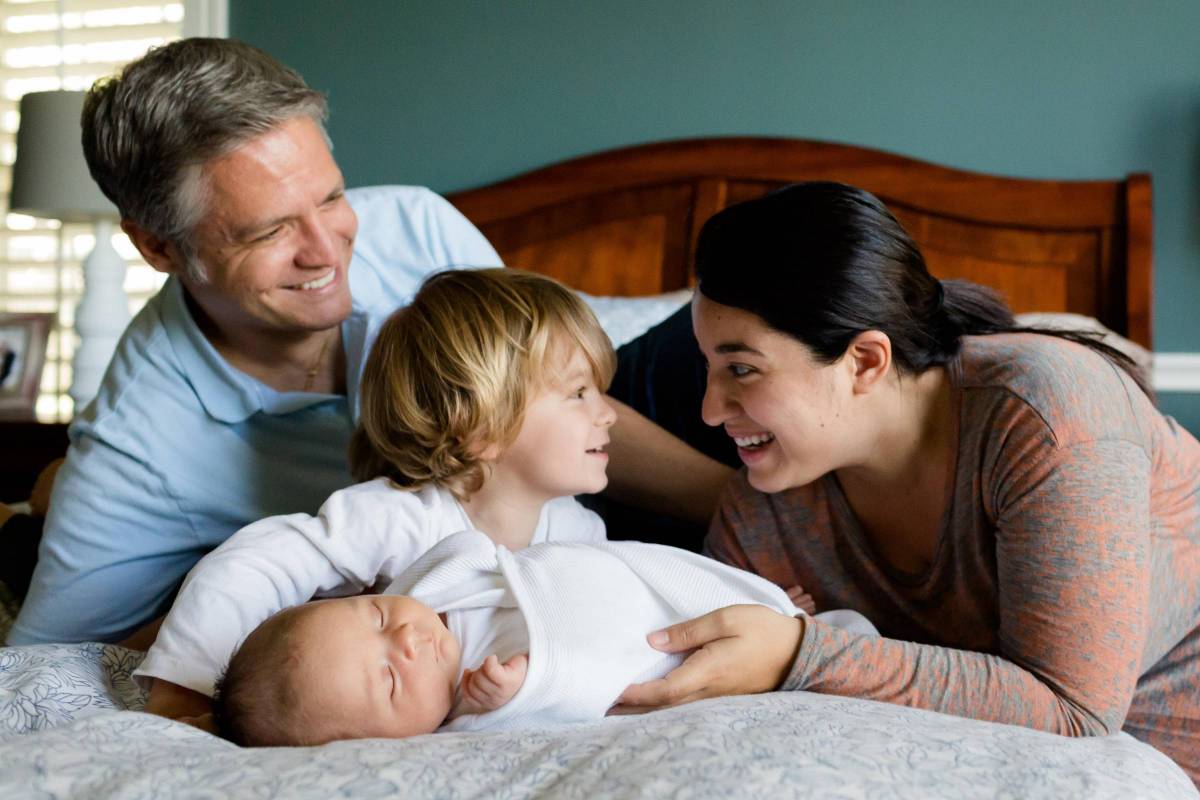
Sanofi and the National Institute for Health and Care Research (NIHR) recently announced that the first patient had been enrolled in the Hospitalised RSV Monoclonal Antibody Prevention (HARMONIE) clinical study.
HARMONIE is a phase 3b randomized open-label study of nirsevimab in preventing hospitalizations due to respiratory syncytial virus (RSV) in infants under 12 months and will take place across approximately 280 sites
The first patient visit occurred at Cripps Health Centre at the University of Nottingham, U.K., on August 8, 2022.
More than 20,000 infants across the U.K., France, and Germany will be enrolled from August 2022 to March 2023, of which the majority (up to 12,000) will be U.K. infants.
HARMONIE is Sanofi's first hybrid digital study and requires only one patient visit.
Nirsevimab is an investigational long-acting antibody aiming to protect all infants from birth entering their first RSV season with a single dose.
Nirsevimab has been granted regulatory designations to facilitate expedited development by several regulatory agencies worldwide.
These include Breakthrough Therapy Designation by The China Center for Drug Evaluation, Breakthrough Therapy Designation from the U.S. FDA, access granted to the European Medicines Agency PRIority MEdicines scheme, and Promising Innovative Medicine designation by the U.K. Medicines and Healthcare products Regulatory Agency.
RSV is the leading cause of hospitalization in all infants worldwide.
Globally, there were approximately 30 million cases of acute lower respiratory infections in 2015.
This led to more than 3 million hospitalizations, and it was estimated that there were 60,000 in-hospital deaths of children younger than five years.
A team of Vanderbilt University scientists in the Division of Allergy, Pulmonary and Critical Care Medicine recently confirmed that early-life RSV infection might have long-term respiratory health effects.
The researchers found that RSV infection alters the metabolism of developing airway cells by driving epithelial cells to use different energy sources, resulting in altered barrier function, predisposing these patients to sensitization to allergens characteristic of allergic asthma.
If the association between infant RSV infection and asthma is causal, prevention or delay in RSV infection could reduce the burden of both acute and chronic wheezing illnesses.
As of August 16, 2022, the U.S. FDA has not approved any RSV vaccine candidates.
Other RSV vaccine and antibody treatment news are posted at PrecisionVaccinations.com/RSV.
Note: Sanofi's announcement was manually translated and curated for mobile readership.
Our Trust Standards: Medical Advisory Committee


